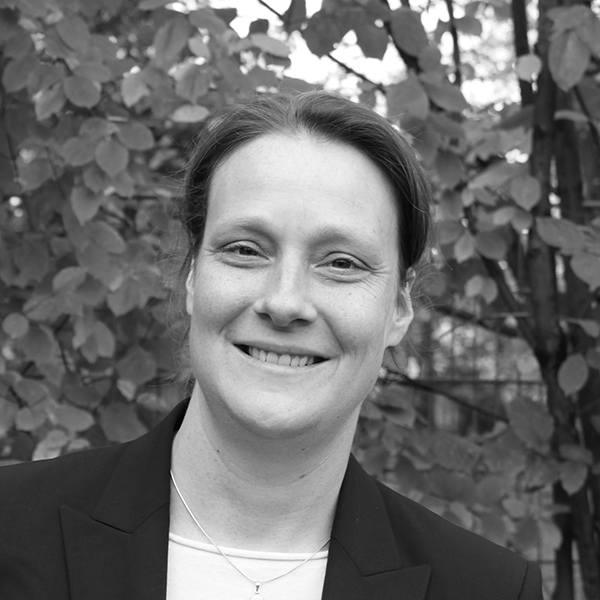Silke Mende

Silke Mende is deputy director at Centre Marc Bloch (CMB) in Berlin.
Silke focuses on German, French and European history from the 19th century to the present day. In 2009, she received her doctorate at the University of Tübingen with a thesis on the emergence of the green movement in the German Federal Republic. The study has been instrumental in advancing historiographical debates surrounding the transformational character of the 1970s, all while incorparating the long-termed continuity lines of the 20th century. In May 2018, Silke qualified at the University of Tübingen with a habilitation thesis on the history of Francophonie accross th 19th and 20th centuries. It considers language and language policy as a political-cultural instrument and situates it amidst the complex interplay between th French nation-state, its empire, and the "international" arena. Her current research project deals with the European history of democracy and parliamentarism in the last third of the 20th century. It analyses how closely democratization, parliamentarization, and Europeanization intertwine in the context of the southward and eastward enlargement of the EEC/EU. Additional research interests include the history of representation, social movements and protest, as well as New Imperial History.
selective bibliography
- Ordnung durch Sprache. Francophonie zwischen Nationalstaat, Imperium und internationaler Politik, 1860-1960 (Studien zur Internationalen Geschichte, Bd. 47), Berlin/Boston 2020.
- Eine Partei nach dem Boom. Die Grünen als Spiegel und Motor ideengeschichtlicher Wandlungsprozesse seit den 1970er Jahren, dans: Morten Reithmayer/Thomas Schlemmer (dir.), Die Anfänge der Gegenwart. Umbrüche in Westeuropa nach dem Boom, München 2014, p. 23–36.
- Von der « Anti-Parteien-Partei » zur « ökologischen Reformpartei ». Die Grünen und der Wandel des Politischen, dans: Archiv für Sozialgeschichte 52 (2012), p. 273–315.
- De 1968 à 1983. Les Verts comme héritiers de la « Nouvelle Gauche » ?, dans: Allemagne d’aujourd’hui N° 202, octobre–décembre 2012, p. 23–32.
- La radicalité comme « remède à la maladie sénile » de la société industrielle ? La formation des Verts ouest-allemands entre sentiment de crise et remise en question des catégories idéologiques, dans: Michel Biard/Paul Pasteur/Pierre Serna (dir.), « Extrême » ? Identités partisanes et stigmatisation des gauches en Europe (XVIIIe–XXe siècle), Rennes 2012, p. 329–340.
- « Nicht rechts, nicht links, sondern vorn ». Eine Geschichte der Gründungsgrünen (Ordnungssysteme. Studien zur Ideengeschichte der Neuzeit, Bd. 33), München 2011.
- « Small is beautiful ». Le mouvement vert en Allemagne de l'Ouest entre mouvements sociaux et institutions officielles, dans: Jay Rowell/Anne-Marie Saint-Gille (dir.), La société civile organisée aux XIXe et XXe siècles : perspectives allemandes et françaises, Villeneuve d’Ascq 2010, p.°215–226.
Focus Area and Themes
Expériences | Acteurs, mouvement, groupes sociaux









